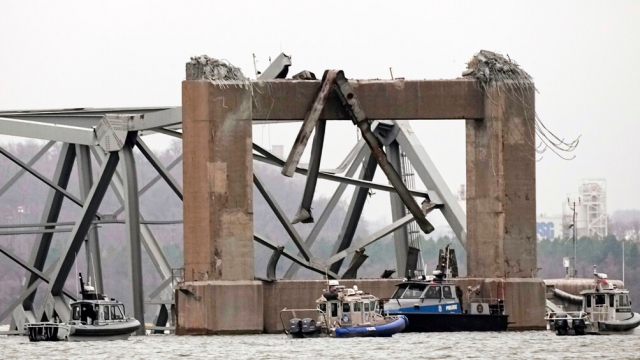
What Baltimore's port closure will mean for shipping times, costs
Newsy
Other East Coast ports are expected to take up much of the traffic that would have moved through Baltimore.
The collapse of the Francis Scott Key Bridge in Baltimore — and the necessary closure of the city's main port — is expected to delay shipping activity that reaches much of the U.S.
Some ships that would have gone to Baltimore are now rerouting to other ports, which could cause delays of weeks or more. Some vessels are now waiting near Annapolis or near Norfolk, Virginia, until they get new destinations elsewhere on the Eastern Seaboard.
Industry analysts expect reshuffling cargo may add short waits or minor extra expense to shipping costs. But other East Coast ports are expected to take up much of the traffic that would have moved through Baltimore, which means a prolonged slowdown in shipping to and from the U.S. is unlikely.
Brad McCarthy owns Maryland Blue Crab Shack. it's located only a few miles from the bridge collapse.
Currently, he gets his fresh catch from the southern part of the state, meaning deliveries come over the Key Bridge. Until things are cleared up and it's rebuilt, he says he'll have to incur extra charges for the longer routes.
